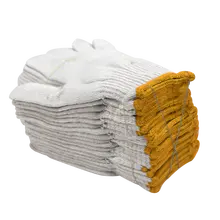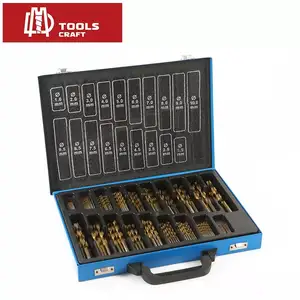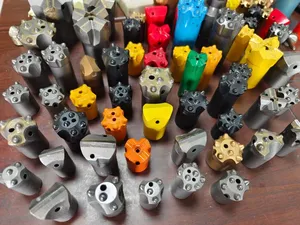About products and suppliers
Alibaba.com에서 합리적인 가격으로 도매 쥬얼리 드릴 비트를 받으세요. 우리는 야외, 비 또는 악천후에서 태양 아래에서 사용할 때에도 제품이 지속되도록 신중하게 고려하여 재료를 선택했습니다. 제작 과정에서 좋은 재료만을 엄선하여 색상이 쉽게 퇴색되지 않고 내구성이 보장됩니다.
다양한 용도의 교통 표지 세트가 제공됩니다. 도로 표지판뿐만 아니라 주차장 표지판도 있습니다. 쥬얼리 드릴 비트 표지판은 반사율이 높은 경고 효과를 사용하여 운전자가 쉽게 볼 수 있습니다. 수입 반사 재료의 다양한 옵션이 제공됩니다. 좋은 알루미늄 평판을 사용하는 이유는 제품이 오래 지속되고 표면이 매끄러워야 하기 때문입니다.
쥬얼리 드릴 비트는 밝고 깨끗한 상태를 유지해야 합니다. 밤에도 보입니다. 따라서 반사 필름 모델의 재료는 교통 표지판에서 결정적인 역할을 합니다. 다른 반사 필름은 굴절률이 다를 뿐만 아니라 색 부패, 시간 및 내마모성도 있습니다. 좋은 재료를 선택할 때 염두에 두었던 요소이기도 합니다.
Alibaba.com에서 쥬얼리 드릴 비트 도매로 쇼핑하고 기호와 모양의 패턴을 알려주십시오. 갖고 싶습니다.





























 浙公网安备 33010002000092号
浙公网安备 33010002000092号 浙B2-20120091-4
浙B2-20120091-4